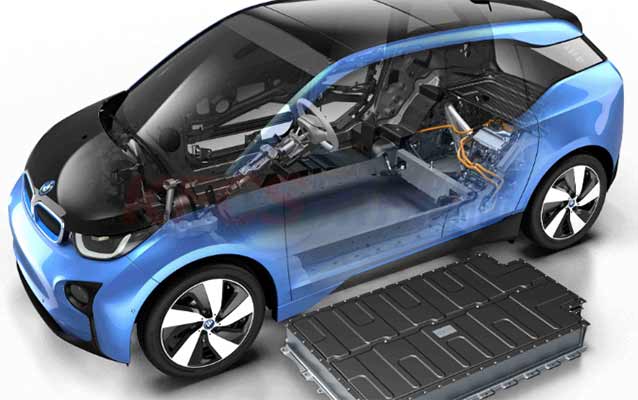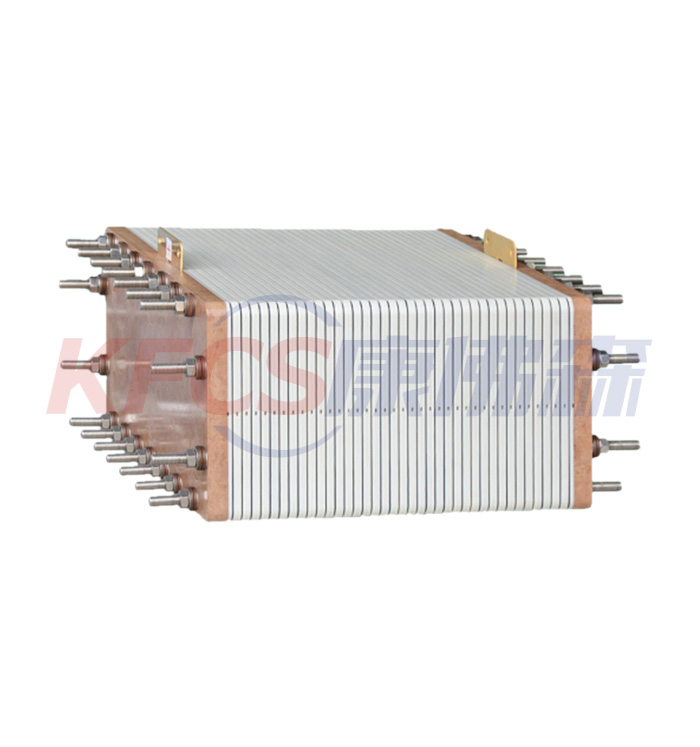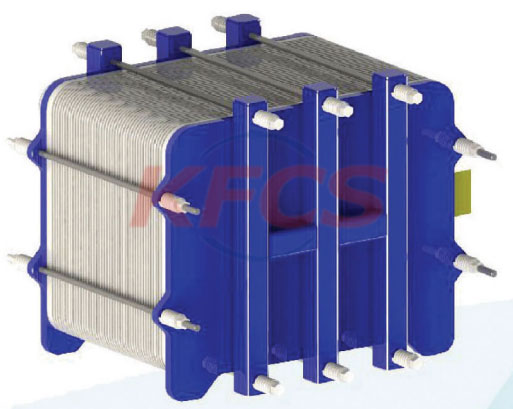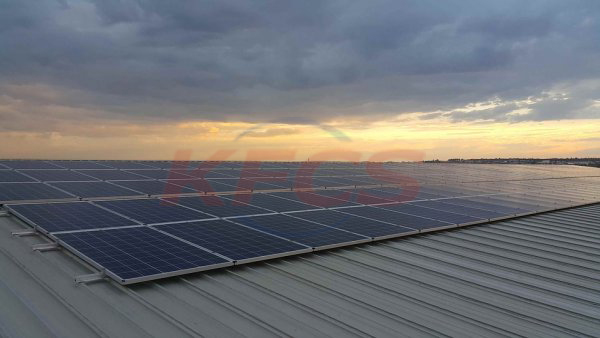Power battery recycling will help alleviate the demand for metal resources
2022-07-22
Due to the surge in installed capacity of power batteries in 2021, it is expected that battery scrap will increase rapidly around 2027. Waste power batteries have great environmental risks, which promotes the development of battery recycling. Waste power batteries have potential threats to the environment and human health, and need to be effectively recycled. Heavy metals in battery cathode materials can increase the pH value of the environment, and improper treatment will also produce toxic gases.

In addition, a variety of metals and electrolytes contained in power batteries will endanger human health. For example, cobalt may cause gastrointestinal dysfunction, deafness, myocardial ischemia and other symptoms. The effective response is to recycle the waste power batteries, which will promote the healthy development of the battery recycling industry.
Retired power batteries have resource attributes and high recycling value. The demand for power battery materials is strong, and the supply is tight, catalyzing the rise in the prices of cobalt, lithium, nickel and other metals. Driven by the current high production and sales of new energy vehicles and the relatively tight supply of resources, the prices of cobalt, lithium nickel and other metals have risen to varying degrees. Extracting metal from waste batteries will help alleviate the demand for metal resources.
About News
- The Smart Battery Management System
- What are the advantages of all vanadium redox flow battery energy storage technology?
- Operation of all vanadium flow battery energy storage system project
- What are the problems in the recycling of waste lithium ion batteries
- Tiny battery-free sensing device floats with the wind
- Manufacture solar cells and glass from 1 billion tons of biomass waste
- Large-scale energy storage: vanadium batteries challenge the lithium battery market
- The basic principle of all-vanadium redox flow battery
- Swedish new research is committed to improving EV battery recycling process
- American Vanadium commits to supply CellCube with 3 million liters of vanadium electrolyte per year over the next five years
Products







